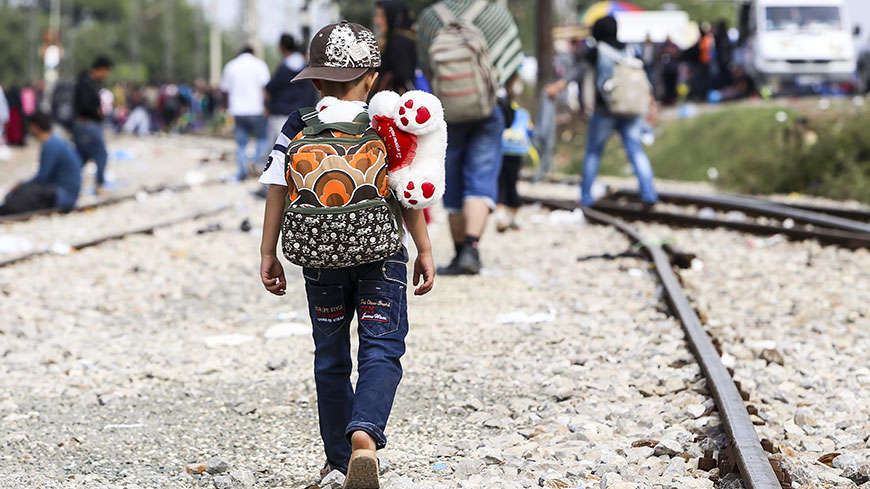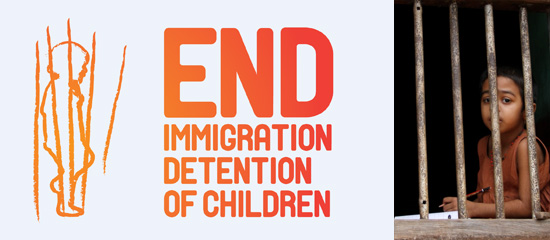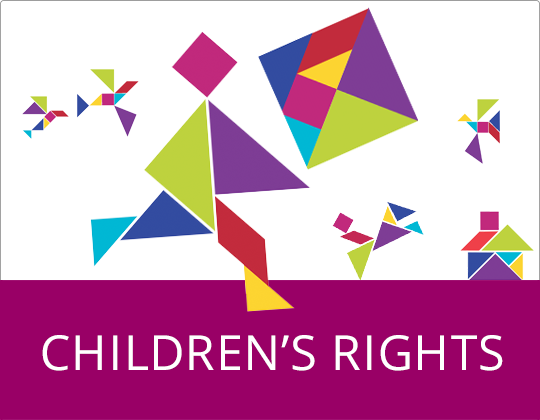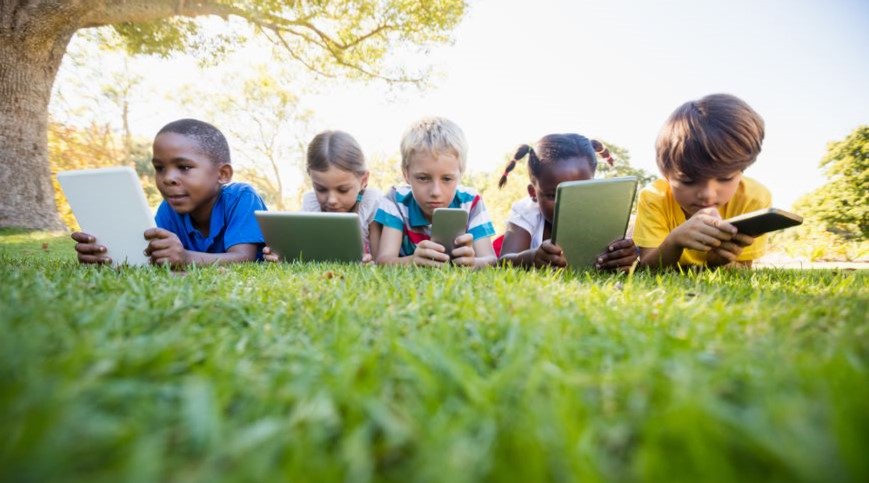 Refugee and migrant children are first and foremost children. States must respect their rights, including their right to information, their right to be heard and to a life free from violence.
Refugee and migrant children are first and foremost children. States must respect their rights, including their right to information, their right to be heard and to a life free from violence.
The Council of Europe aims to ensure that all refugee and migrant children can benefit from the protection measures set out in international and European legal instruments and enjoy the full realisation of their rights in compliance with the UN Convention on the Rights of the Child and the European Convention for Human Rights.
Protecting the rights of refugee and migrant children remains an ongoing challenge and a long-term commitment. Action in this area is guided by the Council of Europe Strategy for the Rights of the Child (2022-2027), whose implementation is overseen by the Steering Committee for the Rights of the Child (CDENF).
CDENF acts as a pan European platform for regular exchanges of knowledge, good practices and experiences to support the implementation of policy measures to protect unaccompanied and other children in the context of migration. Key policy areas addressed include:
- promoting good practices for the implementation of CM/Rec(2019)11 on effective guardianship for unaccompanied and separated children in the context of migration and its Explanatory Memorandum;
- addressing the implementation of policies aimed at ensuring sustainable and durable solutions and the effective integration of children affected by migration more generally, notably by reviewing the implementation of CM/Rec(2007)09 on life projects for unaccompanied migrant minors;
- supporting member states in the implementation of Recommendation CM/Rec(2022)22 on human rights principles and guidelines on age assessment in the context of migration and its Explanatory Memorandum.
In order to protect and promote the rights of children on the move, the Council of Europe has been guiding member states in taking a co-ordinated child rights-based approach to tackle this challenge through two consecutive actions plans coordinated by the Special Representative on Migration and Refugees, and implemented by different bodies and divisions within the Council of Europe: Action Plan on Protecting Vulnerable Persons in the Context of Migration and Asylum in Europe (2021-2025) and Action Plan on Protecting Refugee and Migrant Children in Europe (2017-2019). These policy documents aim at ensuring access to rights and child-friendly procedures, providing effective protection and enhancing the integration of children who would remain in Europe.
Numerous Council of Europe bodies monitor the situation of migrant children in Europe. Recognising the high risk of children affected by the refugee crisis being or becoming victims of sexual exploitation or abuse, the Lanzarote Committee decided to launch an urgent monitoring round and issued a series of recommendations on measures to be taken to improve or reinforce the protection of children affected by the refugee crisis against sexual abuse, and identified promising practices.






